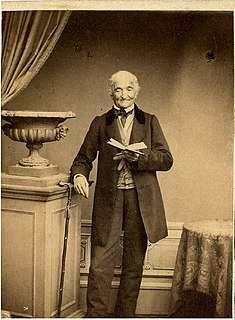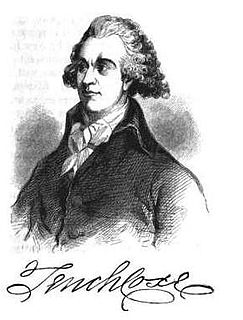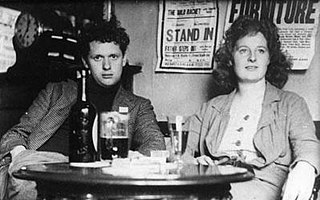A Quote by Theodore Roosevelt
It was a pleasure to deal with a man of high ideals, who scorned everything mean and base, and who possessed those robust and hardy qualities of body and mind, for the lack of which no merely negative virtue can ever atone.
Related Quotes
When we say that pleasure is the end, we do not mean the pleasure of the profligate or that which depends on physical enjoyment--as some think who do not understand our teachings, disagree with them, or give them an evil interpretation--but by pleasure we mean the state wherein the body is free from pain and the mind from anxiety.
Lovely & too charming Fair one, notwithstanding your forbidding Squint, your greazy tresses & your swelling Back, which are more frightful than imagination can paint or pen describe, I cannot refrain from expressing my raptures, at the engaging Qualities of your Mind, which so amply atone for the Horror, with which your first appearance must ever inspire the unwary visitor.
The world in the past has been ruled by force, and man has dominated over woman by reason of his more forceful and aggressive qualities both of body and mind. But the balance is already shifting—force is losing its weight and mental alertness, intuition, and the spiritual qualities of love and service, in which woman is strong, are gaining ascendancy. Hence the new age will be an age less masculine, and more permeated with the feminine ideals—or, to speak more exactly, will be an age in which the masculine and feminine elements of civilization will be more evenly balanced.
If a man of good natural disposition acquires Intelligence [as a whole], then he excels in conduct, and the disposition which previously only resembled Virtue, will now be Virtue in the true sense. Hence just as with the faculty of forming opinions [the calculative faculty] there are two qualities, Cleverness and Prudence, so also in the moral part of the soul there are two qualities, natural virtue and true Virtue; and true Virtue cannot exist without Prudence.
In all times and in all places--in Constantinople, northwestern Zambia, Victorian England, Sparta, Arabia, . . . medieval France,Babylonia, . . . Carthage, Mahenjo-Daro, Patagonia, Kyushu, . . . Dresden--the time span between childhood and adulthood, however fleeting or prolonged, has been associated with the acquisition of virtue as it is differently defined in each society. A child may be good and morally obedient, but only in the process of arriving at womanhood or manhood does a human being become capable of virtue--that is, the qualities of mind and body that realize society's ideals.
Some persons hold that, while it is proper for the lawgiver to encourage and exhort men to virtue on moral grounds, in the expectation that those who have had a virtuous moral upbringing will respond, yet he is bound to impose chastisement and penalties on the disobedient and ill-conditioned, and to banish the incorrigible out of the state altogether. For (they argue) although the virtuous man, who guides his life by moral ideals, will be obedient to reason, the base, whose desires are fixed on pleasure, must be chastised by pain, like a beast of burden.
As our president bears no resemblance to a king so we shall see the Senate has no similitude to nobles. First, not being hereditary, their collective knowledge, wisdom, and virtue are not precarious. For by these qualities alone are they to obtain their offices, and they will have none of the peculiar qualities and vices of those men who possess power merely because their father held it before them.
But the true evil of drink lies in the disillusion: that the initial pleasure very soon evaporates, leaving a demoralizing craving for more, which is not even temporarily pleasurable. Which then leads to deterioration of the faculties of both body and mind; plus a bewildering lack of co-operation between the two.































